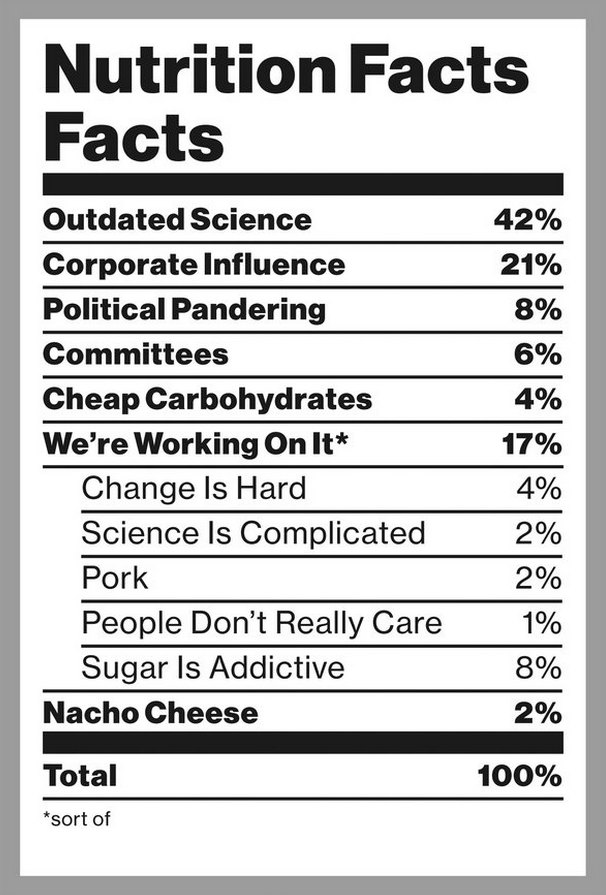
November 12, 2015 in Aging, Bone Loss, Calcium, Home, Home Slider Doctor’s hardened advice to take calcium to prevent age-related fractures is softening. Two studies in the British Medical Journal released in October 2015, shows that increasing calcium intake through dietary sources or supplements does nothing to improve bone health or prevent fractures in older…

Do You Want A Glimpse of Your Genetic Makeup? Take Control of Your Health. MTHFR Genotyping Offered at Integrative Medicine of New Jersey SpectraCell Laboratories’ MTHFR Genotyping Test looks at subtle differences in the MTHFR gene called a polymorphism or SNP (Single Nucleotide Polymorphism), which is a genetic variation that can either increase or decrease…

Vitamin D deficiency is a common health concern for postmenopausal women, and has been associated with muscle weakness and an increased risk of falling. The elderly population is more susceptible to a vitamin D deficiency due to poor dietary intake and nutrition-related conditions. Also, they typically have decreased exposure to sunlight, further increasing their risk…

New Role for Walnuts Walnuts are a delicious and healthy snack, and they make a great addition to sweet as well as savory dishes. But this nut’s benefits aren’t limited to culinary applications. Walnut-rich diets may be helpful in the fight against cancer through multiple mechanisms. Like most other nuts, walnuts are low in carbohydrates…

We are carbon-based creatures, chock full of carbon containing molecules. So it should come as little surprise to you that one of the most important chemical reactions in all of life simply sticks one carbon and 3 hydrogens together to form a methyl group, and that adding that on to molecules (called methylation) to transform…

As the aging population grows in the United States and other countries, neurodegenerative diseases are also increasing worldwide. The Alzheimer’s Association projects that the annual number of new cases of Alzheimer disease and other dementias will double by 2050.1 A survey of 1,600 Americans by the Alzheimer’s Association, published in Reader’s Digest, found that 91…

This study was published in the journal, Neuropsychopharmacology found that the saturated fats had a similar effect on our brains as drugs. So the more saturated fat we eat, the less we enjoy it…and the more we want it in order to get the same “high.” What we put into our bodies makes us who…

A study just published consisting of older adults at risk of late-onset Alzheimer’s disease that found omega-3 fatty acidsshowed potential in helping prevent dysfunction of the aging brain. Here is more evidence that fish oil supplementation and antioxidants may be beneficial for Alzheimer’s disease. A new report published in the July 2015 issue of The…

BOSTON — SINCE the publication of the federal government’s 1980 Dietary Guidelines, dietary policy has focused on reducing total fat in the American diet — specifically, to no more than 30 percent of a person’s daily calories. This fear of fat has had far-reaching impacts, from consumer preferences to the billions of dollars spent by…

Sustainable Pulse Tue, 18 Feb 2014 21:28 UTC Celiac disease, gluten intolerance and irritable bowel syndrome are on the rise worldwide, and that rise has taken place in parallel with the increased use of glyphosate (Roundup) herbicide, shows a new US peer-reviewed paper from Dr. Anthony Samsel and Dr. Stephanie Seneff. The review has been…













